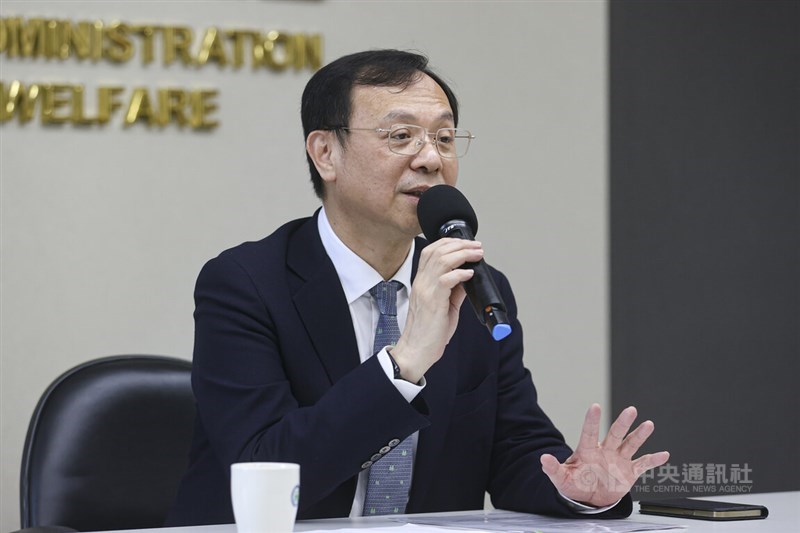
Taipei, Sept. 4 (CNA) Taiwan's government said Thursday it was looking to further integrate artificial intelligence into its health care system as part of modernization efforts while facing the challenges of a super-aged society and a rise in chronic diseases.
Speaking at a meeting of the health care advisory body under the Presidential Office, President Lai Ching-te (賴清德) described AI as a game-changing tool that is crucial to government efforts to transform Taiwan's health care system from a disease-centered model to one focused on prevention and health promotion.
By making good use of AI and other technologies, "we can build a smart health care system" that responds more swiftly to the needs of different age groups, Lai said, as Taiwan is approaching a super-aged society, where people 65 and over make up more than 20 percent of the population.
The country is also facing a growing burden of chronic diseases and health challenges brought by extreme weather events, the president added, without elaborating.
According to Minister of Health and Welfare Shih Chung-liang (石崇良), AI is increasingly being applied across various areas of health care, including the monitoring of communicable diseases, screening, diagnosis, diet management and hospice care.
Shih said in his report to the advisory body that various medical centers were also actively developing their own AI tools to streamline operations and deliver better services.
The pressing issue for the Ministry of Health and Welfare (MOHW) is to ensure that AI tools are used in accordance with legal and ethical standards, he said.
He noted that the MOHW had developed AI guidelines aimed at ensuring autonomy, accountability, privacy, transparency, security, fairness and sustainability, but they have yet to be implemented across different levels of medical facilities in Taiwan.
Shih said his agency was also seeking to use AI to combine all medical data and databases in Taiwan into a unified, standardized system, with the aim of addressing the issue of data incompatibility and aligning the system with international standards.
At the same time, he said the cybersecurity of all medical digital infrastructure must be strengthened, noting that a group of 387 hospitals for monitoring and sharing information about cyberattacks was continuing to expand.
"The priority is to build up national-level cybersecurity defenses" to protect health care information, Shih added.
- Cross-Strait
- Cross-Strait
Taiwanese entertainers' Beijing parade posts not 'cooperative activity': MAC
09/04/2025 08:18 PM - Society
2 students injured in lab accident at university in Taichung
09/04/2025 07:29 PM - Science & Tech
Gov't looks to AI to drive health care innovation in Taiwan
09/04/2025 06:37 PM - Society